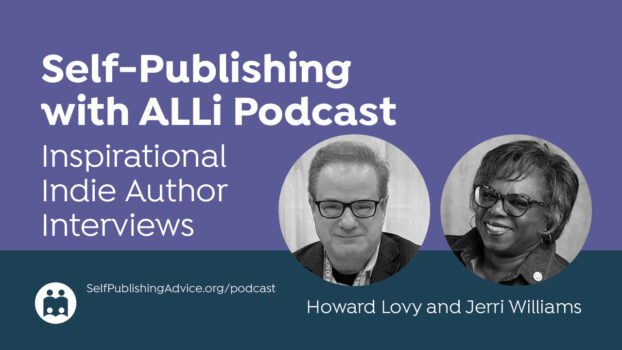 On its website, Boston-based search engine optimisation (SEO) and marketing firm ‘Brandignity' says: “Always write for humans first”.
On its website, Boston-based search engine optimisation (SEO) and marketing firm ‘Brandignity' says: “Always write for humans first”.
For those who don’t have much experience on the web, this may sound like an odd piece of advice, but I'm sure a lot of you know how out of whack web copy used to be. Users were stuffing their copy with keywords and manipulating it so that search engines gave them a good rank. Their work was all but unreadable.
Fortunately, over the past two or three years, search engines have become much more sophisticated and they now reward content writers for original copy, written in a natural style. In fact, they penalise keyword stuffing.
Still keywords are… ahem… key to your writing reaching the right readers.
Keywords and Keyphrases
A ‘keyword‘ is a word used in performing a search, just as a keyphrase is a phrase used in performing a search. Keywords are used by web surfers to describe what they hope to find when performing a web search. This statement of a real-time want/need has not gone unnoticed by web marketers, many of whom have tried to benefit from keyword advertising buys and/or search engine optimization.
Keywords and keyphrases are a part of the way that search engines find articles. Therefore, as independent authors, we know that we have to use them in a specific way to be effective — to be findable.
Findability
If you want your website or blog or book to rank high in the search engines for its subject matter —and to be relevant to the products and services you offer—you need to understand how to carefully select keywords and keyphrases, and optimally position them in your article and on your site.
Keywords and keyphrases need to match the search terms people type into the search engines, in order to generate traffic to your website, blog or article.
It requires us to work backwards, to imagine what kind of keywords somebody who was looking for our book or blog might put into a search box.
“Speak the user's language” has been a primary guideline for more than twenty years. Web guru Jakob Nielsen was the findability expert when the internet was in its infancy, and most of his theories still hold true today, especially his advice on using simple, everyday words when writing for findability e.g. saying ‘blind' instead of ‘visually challenged'.
“Old words rule because people know them intimately,” he says. “Familiar words spring to mind unbidden. Thus, users are likely to employ old words when they boil down their problem to a search query, which is typically only 2-3 words long.”
Whether you are into tech, movies, news, literature, or porn, the power of the WWW lies with the searchers. Search is how people discover new websites and find individual pages.
For us, the creators of content, unless we are listed on the first two or three search engine results pages (SERP), we may as well not exist. The first duty of writing for the Web is to write to be found.
The best way get to know the search terms for your blog, articles and books is to use a programme like Google Analytics on your website, which will tell you where your page views come from, how long the guests were on your website, what page they landed on, and where they went.
Critically, it will also tell you what keywords or keyphrases were used to bring them there. These keywords can also be used when distributing your books through Amazon and other book retailers, creating consistency across your writing.
Karen Lotter is writer, journalist and web content copy writer over at the Ethekwini Website Factory.





The brother of the groom wedding speech also gives him the chance to
make fun of the grooms’ behavior during the dating period. The world has watered down the
Blood of Jesus and changed the definition of grace and many believers now follow this
new doctrine but miss the opportunity to fulfill their purpose because they cannot be
the example that they were created to be. When the discriminant
is zero, the equation has exactly one real solution.